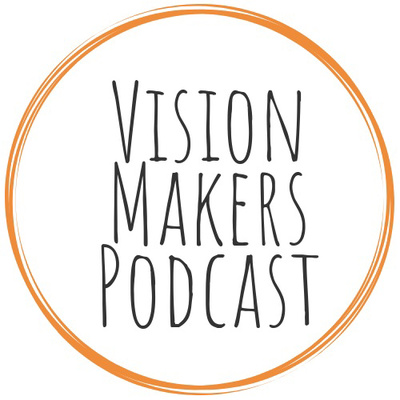
3 Leadership Keys to Negotiation Mastery — Day 13 of 365 Leadership Blogging
Have you ever wondered what makes a great negotiator?
Silence in a meeting can mean two things: either the meeting attendees don’t know what to say or everyone is purposely holding out from saying something.
I’ve encountered both sides of the coin many times and even made the mistake of speaking first or too much in important meetings. Negotiations are my thing and when I learnt the power of waiting 5 seconds, it blew my mind.
But my real lesson in negotiations came about during my early years in marriage and after our first two children were born. I suddenly became four people in one sitting — husband, dad to one, dad to another and then me. It was the same for Vanessa but her motherly instincts kicked in and she flowed from one to the next character seamlessly, and all whilst studying for her degree. She is an amazing woman.
Decisions that would affect our family were always discussed before they were made but they always seemed to carry the same tone. I would open and state what I thought (which meant what I wanted), Vanessa would listen, ask some follow-up questions and then silence. I then felt the urge to petition my point further and start rambling off my reasons to why she should come around to my way of thinking.
Vanessa would surmise our discussion, flag the important points and place my pitch squarely in the centre to see how it all married up. Sometimes it just didn’t and I had to accept it.
I learnt three things from these repeated discussions:
- Silence is wisdom. When silence breaks a discussion it invites listening, reflection and most importantly wisdom. In those moments our brains digest what we have just heard; compute an appropriate way forward, and then articulate where we want the discussion to go next. This is an amazing skill which can be developed into a habitual way of life which be used in business, in the workplace and in your personal life. If you’re a parent, take note.
- Listening is the key. It’s fundamental for every leader to become a great listener as it becomes the lifeblood of the decisions you make and the direction you move in. During negotiation training, I was taught that ‘he who speaks first comes last’. It didn’t mean we should sit staring at each other to see who will speak first, it meant if you speak without listening then you are already two steps behind who you are negotiating with.
- Nothing like preparation. Most negotiations tend to fail due to a lack of preparation by one or both parties. If it’s the latter, then you are in for surprises and a bumpy ride. Prep work should be focused on what is important, what is essential, what you’re prepared to trade or give up and what you must leave the table with. Looking at every negotiation objectively will allow you to focus on true win-win outcomes as opposed to win-lose outcomes.
The next time you are about to face a negotiation remember these three points — silence is wise; listening is the key, and preparation is a must.
Tell us how you prepare for negotiations in the comments below.




